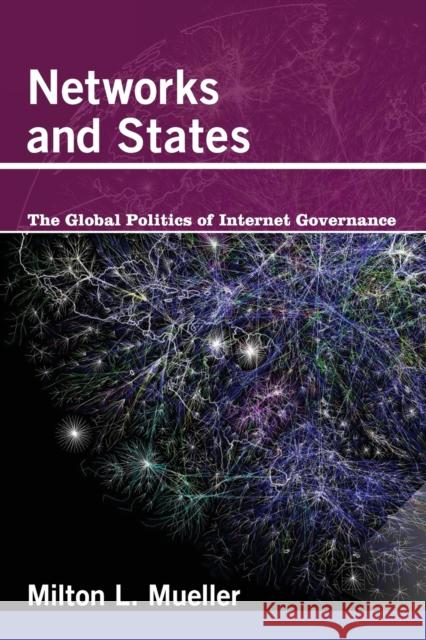Networks and States: The Global Politics of Internet Governance » książka
Networks and States: The Global Politics of Internet Governance
ISBN-13: 9780262518574 / Angielski / Miękka / 2013 / 313 str.
When the prevailing system of governing divides the planet into mutually exclusive territorial monopolies of force, what institutions can govern the Internet, with its transnational scope, boundless scale, and distributed control? Given filtering/censorship by states and concerns over national cybersecurity, it is often assumed that the Internet will inevitably be subordinated to the traditional system of nation-states. In Networks and States, Milton Mueller counters this, showing how Internet governance poses novel and fascinating governance issues that give rise to a global politics and new transnational institutions. Drawing on theories of networked governance, Mueller provides a broad overview of Internet governance from the formation of ICANN to the clash at the World Summit on the Information Society (WSIS), the formation of the Internet Governance Forum, the global assault on peer-to-peer file sharing, and the rise of national-level Internet control and security concerns. Internet governance has become a source of conflict in international relations. Networks and States explores the important role that emerging transnational institutions could play in fostering global governance of communication-information policy.











